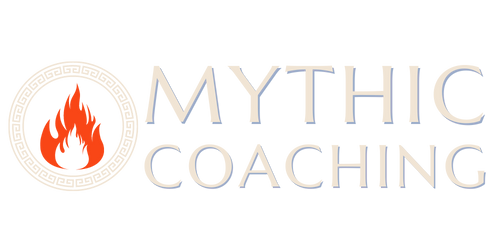Note: This post builds on The History of Hercules and Herstory of Hippolyte.
The legend of the Amazons unfolds on page two of Wonder Woman‘s first issue, told through a scroll Wonder Woman dropped shortly after she arrived in America. A Smithsonian archaeologist called the manuscript “an ancient document sought for centuries — the History of the Unconquerable Amazons!” Marston’s Amazon-centric re-imagining of Hercules’ famous myth signals to readers, everything you think you know is wrong. (Steve Orlando riffs on this idea in Wonder Woman #755.)
By telling the story from the women’s point of view, Marston invites his readers to consider other perspectives on historical events. Events look different depending on where you’re standing–and history, as they say, is written by the winners. Wonder Woman’s origin sets the stage for Marston’s ongoing attempts to challenge traditional power structures. Here he proposes that perhaps what you’ve learned about the world is inaccurate, or at least incomplete–and that maybe, just maybe, women experience the world differently than men.

Tucked within Wonder Woman #1 is this little gem, comprising only two panels of the 68-page magazine: “The swordsmen of Ares (now called Mars) slew their weaker brothers and plundered them. Women were sold as slaves — they were cheaper than cattle.” That’s when Aphrodite decided to intervene by creating the Amazon women.

Before the Amazons arrived, the world had no room for Love. Driven by an appetite for dominance, men valued only strength, the stronger men beating weaker ones into compliance. Mankind had bred out his gentle qualities, instead favoring power and greed, which gives Mars reign over humanity.
It’s a compelling juxtaposition. Driven by a compulsion to dominate, men committed heinous acts of murder and violence. They became war machines, perfect agents of the god Ares. Under their control, women’s bodies were reduced to baby factories, so that men could continue to reproduce and spread their hostility.
In contrast, the Amazons were the product of Heaven, empowered by Love and unpolluted by the men’s bloodlust. These self-reliant women understood their own inherent worth and refused to give their power over to a man. They are examples of what Margaret Sanger called New Women. They represent what’s possible when women alone determine the circumstances of childbirth and education.
It is unlikely that this story aimed at ten-year-olds would ever be published today (at least as something marketed to children.) Marston did not attempt to temper the sexual undertones. The Magic Girdle, as drawn by H. G. Peter, resembles a belt with a golden vagina for a buckle. Historical legend says Hippolyte gave it to him willingly. Marston says he had to lie to her to get it. Though deceived, she still willingly places her most sacred treasure in his hands.
How many women have a story about a man who pretends to be someone he is not just to get in their pants? It was as relevant in 1942 as it is today. Of course, that isn’t to say that women don’t also adopt pretense to win affection from men. In this particular story, though, Hercules first attempts brute force. Violence is rarely a woman’s go-to tactic for sexual advances or seduction. Only when he realizes he cannot physically dominate her does he resort to deceit. And never does he acknowledge her right to refuse him.

Marston’s decision to make Hercules the pawn of Mars instead of Hera also changes the fundamental dynamics of the story. For one thing, it simplifies the cosmology. The two primary deities in this narrative are Aphrodite and Mars. That is to say, the two polarized cosmic forces in play are Love and War. Love inspires the Amazons, while War drives Hercules and the Greeks — the world’s mightiest man and his army against the world’s most powerful woman and hers. Each stands for the essence of her/his sex.

Marston depicts the greatest Greek hero as wicked and deceitful, bolstering the idea that people possess qualities that we may not see. Even a revered hero can be cruel. Hercules used the same tactics men have used throughout history to undercut the confidence and dignity of women who make them feel threatened.
The chains placed on the Amazons by men were not just physical, but psychological. The Amazons became imprisoned by their shame and regret and doubt. When Hippolyte gave her Magic Girdle to Hercules, she gave him power over her body. And as leader of her nation, she surrendered the bodies of all her sisters, as well. The personal is political.

Hercules’ violation of Hippolyte instilled in her feelings of terrible foolishness and shame, destroying her faith in her own instincts. Only by connecting with Divine Love, and thus her self-respect, could Hippolyte reclaim sovereignty over her life and family, and rediscover the strength to break her chains and lead her sisters to freedom.

Unfortunately, far too many people can relate to this story. We may never have been literally chained and enslaved (without consent), but how many of us have naively trusted someone we shouldn’t have? A lover, boss, coworker, or institution? When have we traded personal integrity for fleeting pleasure, and felt the loss of self-confidence that accompanied that decision? Indulging in too much of this behavior results in bondage by self-doubt, but this story suggests a way out.

Love, specifically self-love, can give us the strength to break our bonds and free ourselves from our abusers’ power and restore our sense of innate value. However, in order to learn from our experience, we bear its burden, just as the Amazons must always wear their heavy bracelets.
